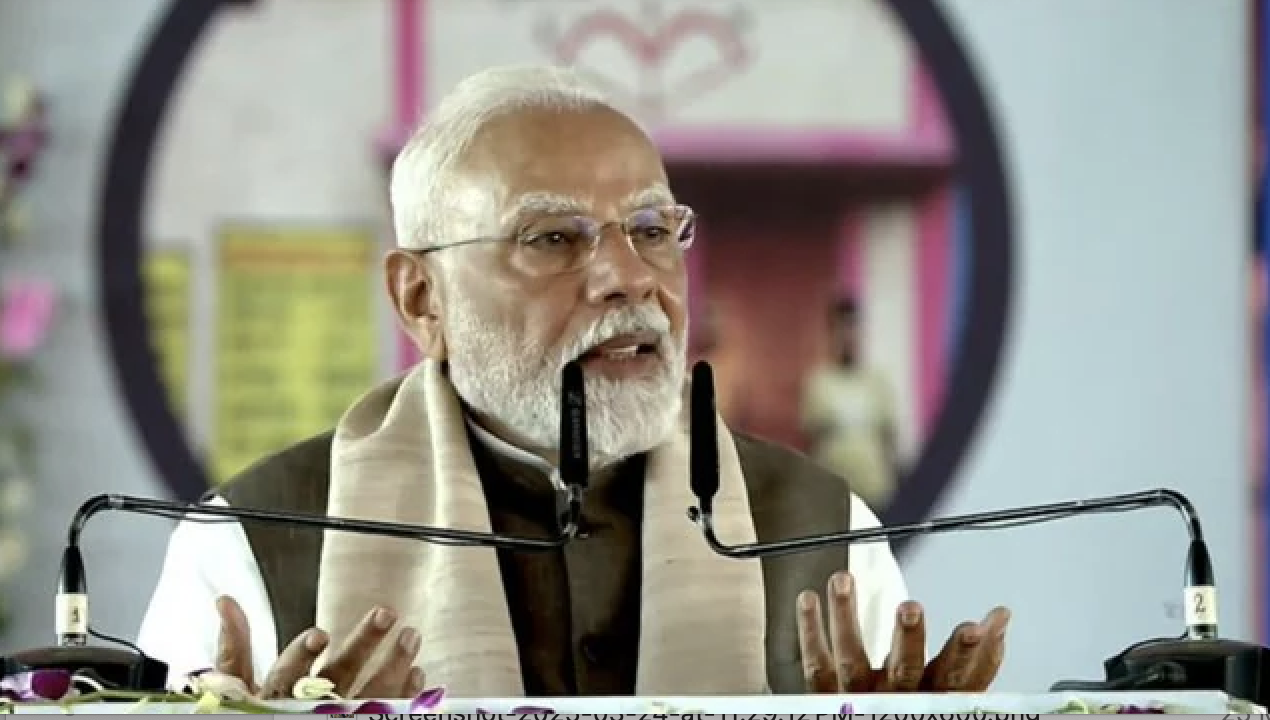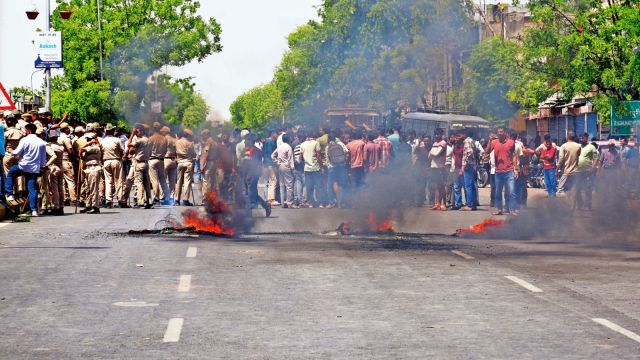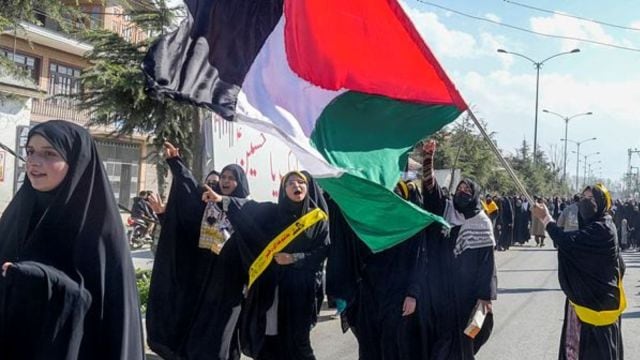In recent years, Dalit and anti-caste activists in North America have spearheaded successful campaigns to make caste a recognized and legally protected category alongside race, religion, sexuality, age, ancestry, and ability. In 2019, Brandeis University was the first North American institution of higher education to add caste to its non-discrimination policy, and since then many others have followed suit—Colby College, Colorado College, Scripps College, University of California Davis, and, most notably, the California State University system. The California Democratic Party and corporations such as Apple have also added caste to their non-discrimination policies. A number of Hindu advocacy organizations, such as the Hindu American Foundation (HAF) and the Coalition of Hindus of North America (CoHNA), have aggressively pushed back against policy initiatives and lawsuits involving caste-based discrimination. CoHNA, for example, describes the resolution to make caste a protected category by the California State University system as a form of “hidden bigotry” that discriminates against Hindus and Indian Americans (see CoHNA website; see also HAF Letter to California State University system). These organizations claim that efforts to make caste a protected category are racist because caste is a social issue only among a single ethnoracial group: South Asians. Hindu groups have also criticized Dalit and other South Asian progressive organizations for their efforts to increase awareness about caste and champion anti-caste discrimination policies. Ironically, despite the fact that Hinduism is not mentioned in the policies linked above, Hindu advocacy organizations argue that these efforts harm Hindus and should be read as intrinsically “racist” and “Hinduphobic.”
Our contribution to this forum on the relationship between Hindu nationalism and the global far right examines how Hindu supremacy permeates North American Hindu contexts in profound and far-reaching ways. Just as far-right ideologies, such as those associated with white nationalist groups, are popularized and normalized through quotidian and systemic forms of white supremacy—exemplified by the victimization discourses of ‘white fragility’—so too far-right Hindu nationalist agendas seep into the everyday discourses of North American Hinduism through what we call ‘Hindu fragility.’ By examining contemporary debates around caste in the United States, we illustrate how Hindu fragility—an expression of Hindu supremacist logics—is weaponized and performed by North American Hindus, mimicking white supremacy culture and propagating everyday Hindu nationalism.
In order to understand the pervasiveness of Hindu nationalism, we shift focus away from overtly Hindutva organizations in North America, such as the Vishwa Hindu Parishad of America and the Hindu Swayamsevak Sangh, to organizations that often deny any overt political affiliation while still promoting supremacist agendas. The ways that these groups respond to caste as a protected category illustrate how Hindu supremacy permeates North American Hindu contexts in profound and far-reaching ways. As we have argued elsewhere, Hindu supremacy is manifest in the discursive regimes that co-constitute Hinduism and the Indian nation, differentiate Hindus from other groups (i.e., Muslims and Christians), and perpetuate systems of caste-based oppression. In North America, Hindu supremacy involves the perpetuation of the myth that Hindus are a ‘model minority’ who are victims, not perpetrators, of discrimination. For example, the investment of Hindu advocacy organizations in promoting a public image of ‘good’ Hindus is inextricably linked to their desire to foster global political alliances between a ‘secular’ America and a ‘good, democratic, Hindu’ India who share common enemies. In this way, Hindu supremacy as manifest in North America undergirds and bolsters Hindu nationalism globally.
The quotidian logics of Hindu supremacy were on display in April 2022, when a group of dominant caste Google employees successfully lobbied the company to cancel a talk by Thenmozhi Soundararajan, a Dalit American leader and director of the Ambedkarite organization Equality Labs. Soundararajan was accused of being “anti-Hindu” and “Hinduphobic.” Tanuja Gupta, then senior manager at Google News, along with other members of management, received emails of protest from some Hindu employees “with inflammatory language about how they felt harmed and how they felt their lives were at risk by the discussion of caste equity.” While the inflammatory emails Gupta received in response to the planned presentation may seem extreme and hyperbolic, they are reflective of a broader and ongoing trend that we call Hindu fragility, a Hindu supremacist narrative which animates many Hindu communities and organizations in the North America diaspora. The discourse of Hindu fragility involves mimicry: many North American Hindu groups have modeled their rhetoric and strategies on supremacist logics, particularly those employed by North American white Christian conservatives.
The concept of Hindu fragility evokes the notion of ‘white fragility,’ which has been used to describe the resistance that white people exhibit when being pushed to confront their own racism. Ajay Parasram has suggested that white fragility also “insulates structural white supremacy in contemporary ways that fuel resurgent far-Right nationalism.” We use the term Hindu fragility to name the opposition expressed by dominant caste Hindus when faced with criticism about their own prejudices—casteism, racism, and Islamophobia—as well as to describe how fragility discourse is weaponized by Hindu groups. Hindu fragility then refers to how caste-privileged Hindus leverage ideas about their collective precarity and vulnerability, making it seem that any criticism of Hinduism or India harms Hindus and enacts violence against the community. Both white fragility and Hindu fragility entangle the defense of identity with defense of the nation. Although we do not wish to conflate the complex histories of race and caste, conservative white Christians and dominant caste Hindus alike understand their identities as inextricably linked to the imagined pasts of ‘glorious’ nations and assume defensive postures when their revisionist narratives are challenged. Hindu fragility as it manifests in North America operates in distinctive ways across different generations of migration.
Leveraging the stereotype of the ‘model minority,’ North American Hindu advocacy organizations capitalize on the seemingly progressive politics of diversity and inclusion in order to assert their place in civic discourse. The narrative of Hindu fragility is part of a much larger trend among North American Hindu groups. These groups understand appeals to ‘progressive’ politics as an effective means to gain public support for their agendas, which focus on the representation of Hindus, Hinduism, and Indian history, culture, and traditions in educational contexts. Although Hindutva leaders in India have, since the 1920s, invested their energy in trying to control the content of curriculum and textbooks, these efforts to regulate representation have involved a different tone and set of tactics in the North American diaspora. The language that these groups employ is rife with anxiety about the potential threat that ‘negative’ representations pose to future generations of North American Hindu children, who as vulnerable minorities face a dominant, white, Christian culture that maligns and marginalizes them on a daily basis. It is this narrative that has enabled Hindu right-wing ideologies to permeate so many different facets of diasporic Hindu life, facilitating its success and appeal to such a broad base of Hindu community members in North America.
This story was originally published in tif.ssrc.org. Read the full story here






